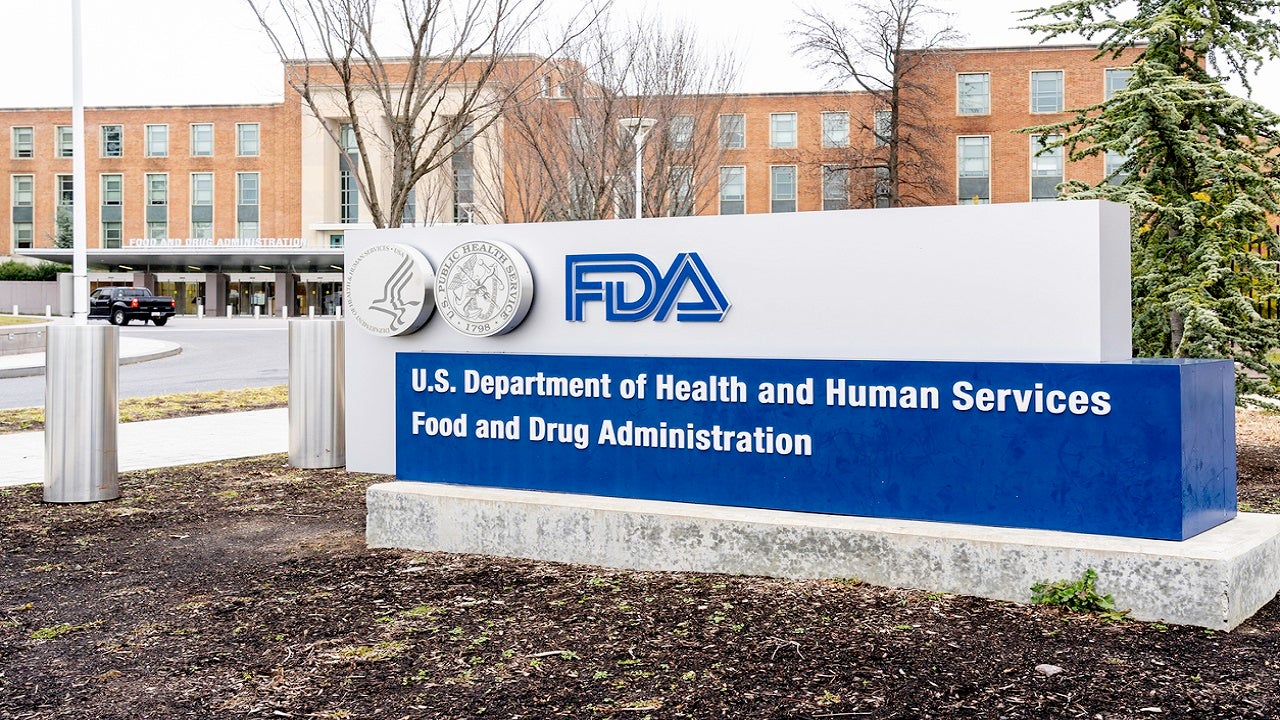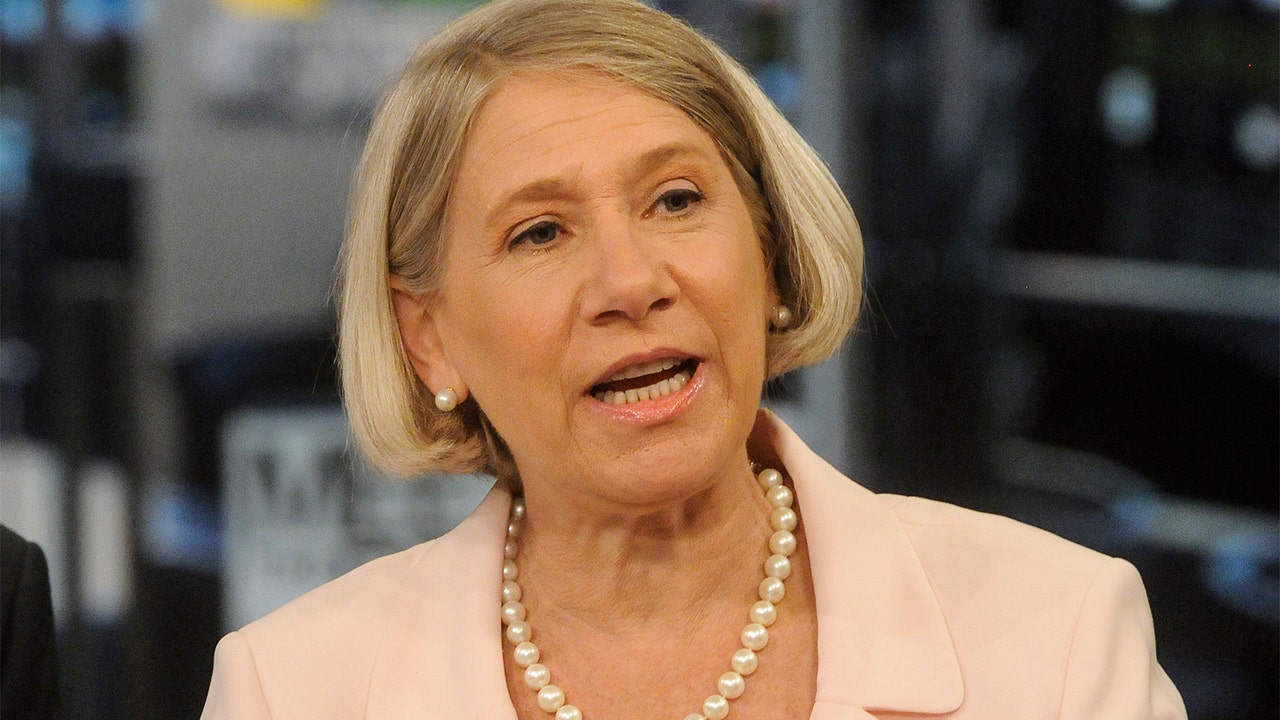Fallout over the FDA’s recent decision to grant Biogen’s Alzheimer’s drug accelerated approval has seen two advisory panel members resign. The agency’s decision, which was met with mixed reviews and marked the first approval of an Alzheimer’s drug in nearly two decades, came after the Peripheral and Central Nervous System Drugs Advisory Committee said in November that it was not reasonable to consider clinical benefit of the drug based on one successful study.
One of the members who resigned, Dr. David Knopman, is a Mayo Clinic neurologist who according to Reuters had been recused from the November meeting because he was an investigator in Biogen’s clinical trials.
“I was very disappointed at how the advisory committee input was treated by the FDA,” Knopman told the outlet. “I don’t wish to be put in a position like this again.”
FDA OK’S BIOGEN’S ALZHEIMER’S DRUG: WHAT IS ACCELERATED APPROVAL?
The other member is Dr. Joel Perlmutter, a neurologist of Washington University in St Louis, who told STAT that his resignation on Monday was “due to this ruling by the FDA without further discussion with our advisory committee.”
In a statement regarding Biogen’s approval, Dr. Patrizia Cavazzoni, FDA Center for Drug Evaluation and Research director, said that when the panel had said there was not enough data to consider benefit of the drug, it had not discussed the option of Accelerated Approval in November. Accelerated Approval allows for drugs targeted at serious conditions that fill an unmet medical need to be approved “based on a surrogate endpoint,” which is a marker thought to predict clinical benefit but is not itself a measure of clinical benefit.”
WHO SHOULD TAKE NEW ALZHEIMER’S DRUG? EXPERT WEIGHS IN
But according to STAT, the panelists were not asked to consider that possibility as the committee had determined they would not use the amyloid “as a surrogate for efficacy.”
CLICK HERE TO GET THE FOX NEWS APP
“After the Advisory Committee provided its feedback, our review and deliberations continued, and we decided that the evidence presented in the Aduhelm application met the standard for Accelerated Approval,” Cavazzoni said. “We thank the Advisory Committee for its independent review of the data and valuable advice.”
The FDA is not mandated to follow the advice of the advisory committee, but often issues decisions similar to their recommendations.
The agency’s ruling was celebrated by others, including the Alzheimer’s Association which called the approval “the beginning of a completely new future for Alzheimer’s treatments.”









